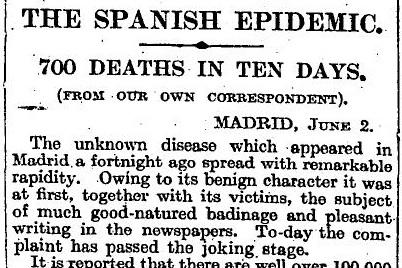We are developing the social individualist meta-context for the future. From the very serious to the extremely frivolous... lets see what is on the mind of the Samizdata people.
Samizdata, derived from Samizdat /n. - a system of clandestine publication of banned literature in the USSR [Russ.,= self-publishing house]
|
(This is the text of a talk I gave at the Adam Smith Institute last week. More than one person has asked me for it, so I make it available here.)
I am here to defend the Human Rights Act. It is not an idealistic defence but a pragmatic defence, rooted in historical context. Should classical liberals support the Human Rights Act against repeal? Do we need it? My answer is yes.
Our reactions to phrases become readily conditioned. And so it has been with “human rights”. Let us remember for a moment that the full title of the agreement that is under siege here is the Convention for the Protection of Human Rights and Fundamental Freedoms. If it were called the Fundamental Freedoms Act would it be as easy to undermine?
Sad to say ‘human rights’ do have a bad name, and they have that bad name for good reasons. Their strongest proponents often do the most harm to their reputation – not because of the legal content of what they say, but of their approach to the law.
This comes in two forms which sometimes overlap: the rarer is soft revolutionism from the far left – human rights as a transitional demand. This approach makes human rights a movement more than a doctrine or legal concept.… a means to control the terms of any political debate.
More common is a not entirely conscious belief that human rights and the Human Rights Act in particular embody the truth, the whole truth and nothing but the truth of how states should treat people. It’s a sort of human-rights fundamentalism, a desire for revealed wisdom in which “but that is contrary to Art 6” is a morally conclusive statement.
→ Continue reading: The Human Rights Act as a constitution of liberty [no, really]
This is how in 1918 Times readers first found out about Spanish flu:
 The Times 3 June 1918 p5
You can say that again. It ended up killing 40 million people.
Incidentally the Wikipedia page on the subject is an appalling mess. At one point it claims that it began on the Allied side of the front, at another that it began on the Central Powers’ side. At one point it claims that it was particularly lethal to those with strong immune systems and at another to those with weak immune systems.
Having said that I love the suggestion that it was called Spanish flu because that was the origin of the first reports of the disease. It was the origin of the reports not because it was the first place to get the disease but because wartime censors did not want to encourage the enemy by admitting its presence.
So, it’s possible that this was not how Times readers first found out about it.
Normally it’s rather difficult to get the news media to lose their shit like a bunch of screeching schoolkids over a story like, “Defense Manufacturer Offers New Product That Makes Incremental Advances on Existing, Widely-Used Technology.” But fortunately for Israeli defense manufacturer Rafael, the maker of the Iron Dome short-range air defense system, reporters don’t always understand what it is they’re reporting on.
– Ryan Faith
|
Who Are We? The Samizdata people are a bunch of sinister and heavily armed globalist illuminati who seek to infect the entire world with the values of personal liberty and several property. Amongst our many crimes is a sense of humour and the intermittent use of British spelling.
We are also a varied group made up of social individualists, classical liberals, whigs, libertarians, extropians, futurists, ‘Porcupines’, Karl Popper fetishists, recovering neo-conservatives, crazed Ayn Rand worshipers, over-caffeinated Virginia Postrel devotees, witty Frédéric Bastiat wannabes, cypherpunks, minarchists, kritarchists and wild-eyed anarcho-capitalists from Britain, North America, Australia and Europe.
|




